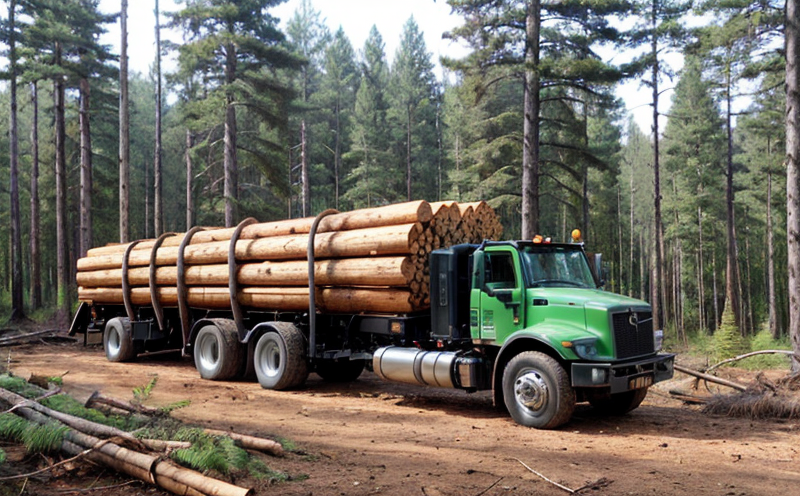Charcoal Fixed Carbon Content Testing
The process of determining the fixed carbon content in charcoal is crucial for ensuring product quality and compliance with industry standards. This testing method aims to identify the percentage of solid combustible material remaining after volatile matter has been driven off under specific conditions. Understanding this value helps manufacturers, quality managers, R&D engineers, and procurement teams ensure that their products meet the desired specifications.
Charcoal, derived from wood or other biomass materials through a process known as pyrolysis, plays an important role in various sectors including food processing, water treatment, and industrial filtration. Its quality is determined by its fixed carbon content, which influences its adsorption capacity, thermal stability, and overall performance.
The standard method for measuring the fixed carbon content involves heating a sample of charcoal to a precise temperature range (typically 850°C) in an oxygen-free environment until all volatile components are driven off. The remaining solid mass is then weighed and compared against the original sample weight. This procedure follows international standards such as ASTM D23, which provides detailed protocols for these tests.
For accurate results, proper specimen preparation is essential. Samples must be crushed to a fine powder while retaining their particle size distribution representative of the bulk material being analyzed. Proper handling prevents contamination and ensures that the sample accurately represents the characteristics of the entire batch or lot.
The precision and accuracy of this test directly impact several aspects of charcoal production and utilization:
- Product Quality Control: Ensures consistent quality across batches, facilitating reliable product performance.
- Safety Compliance: Meets regulatory requirements for health and safety in various applications.
- Environmental Impact Assessment: Provides insights into the sustainability of raw materials used in charcoal manufacturing.
- R&D Innovation: Guides research efforts towards developing new processes or formulations that enhance product performance.
In summary, measuring fixed carbon content is a vital step in maintaining high standards of quality control throughout the entire lifecycle of charcoal production. By adhering to established methodologies and rigorous testing protocols, laboratories can provide reliable data essential for informed decision-making within their organizations.
Quality and Reliability Assurance
The reliability of charcoal fixed carbon content test results is paramount in ensuring consistent product quality. To achieve this, several key factors must be controlled during sample preparation and analysis:
- Sample Homogeneity: Ensuring that samples are representative of the batch being tested helps minimize variability between tests.
- Environmental Conditions: Maintaining stable temperature and humidity levels in storage areas prevents changes in moisture content which could affect test outcomes.
- Instrument Calibration: Regular calibration ensures that analytical instruments provide accurate readings every time they are used.
- Data Repeatability: Multiple independent tests should yield similar results, indicating good reproducibility of the measurement process.
- Standard Operating Procedures (SOPs) <|im_start|><|im_start|>⚗





